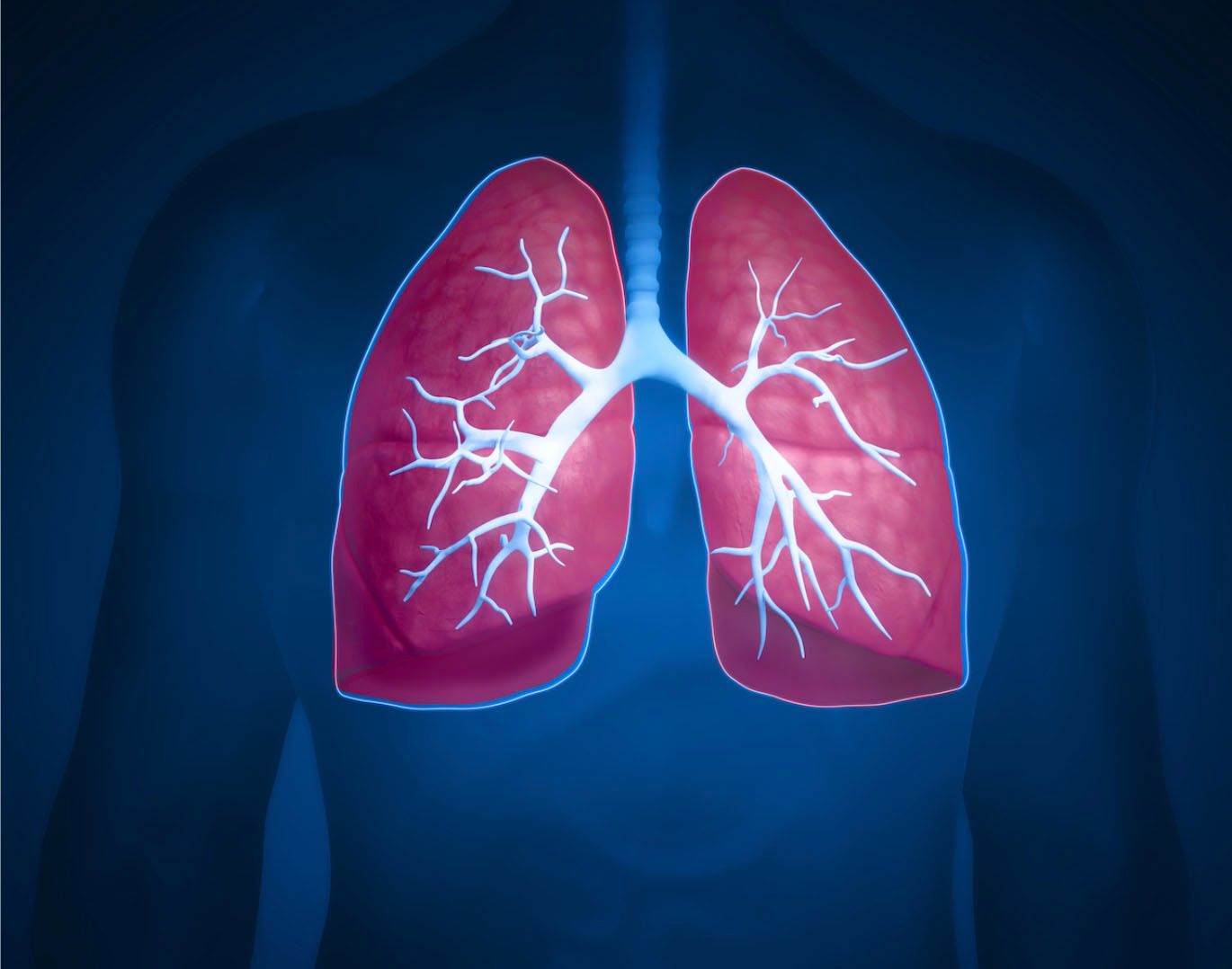Apatinib/Chemotherapy Demonstrates Encouraging Efficacy, Tolerability in Advanced SCLC
In pretreated patients with advanced small cell lung cancer, treatment with the combination of apatinib and single-agent chemotherapy showed promising efficacy and was well-tolerated, data from a prospective phase 2 study.

In pretreated patients with advanced small cell lung cancer (SCLC), treatment with the combination of apatinib (Rivoceranib) and single-agent chemotherapy showed promising efficacy and was well-tolerated, data from a prospective phase 2 study (NCT03547804) presented at the 2020 World Conference on Lung Cancer (WCLC) in Singapore show.
While it accounts for around 15% of all lung cancers, SCLC is an aggressive malignancy with unsatisfactory treatment options in the second line and above, with a median progression-free survival (PFS) rate of less than 3 months, the authors noted in a poster highlighting their data.
Given this, and the lack of targeted drugs or new chemotherapeutic agents in the advanced SCLC space, researchers from The First Hospital of Jilin University, Changchun, China evaluated the efficacy and safety of the tyrosine kinase inhibitor (TKI) in combination with chemotherapy as a possible option for this patient population.
The prospective, single-center, single-arm clinical study – the initial results of which were presented at the 2019 WCLC – enrolled 31 patients from March 2018 through October 2019, 28 of which were available for response evaluation.
In addition to one of the chemotherapeutic agents, irinotecan or docetaxel, 28 patients were initially given a dose of 500 mg apatinib once daily. However, the treatment plan was adjusted to a lower dose of 250 mg once daily due to the patients’ tolerance. If patients experienced grade 3 or 4 adverse events (AEs), the apatinib dose could be further reduced to 250 mg every other day.
The primary end point was progression-free survival (PFS); secondary end points included overall survival (OS), disease control rate (DCR), objective response rate (ORR), and the amount of adverse events (AEs) experienced.
Upon this updated analysis, researchers noted an ORR of 25% (n = 7). DCR was 100%. Median PFS was 7.43 months and OS was 12.5 months.
A subgroup analysis found that patients with limited-stage disease had longer PFS compared to those with extensive-stage disease (9.17 months vs 4.33 months, P = .0013). Additionally, no significant differences in efficacy were seen in the subgroups of patients who received different initial doses of 500 mg versus 250 mg, or age (<60y vs ≥60y).
The most common treatment-related AEs were neutropenia, thrombocytopenia, hypertension, hand-foot syndrome, proteinuria, diarrhea, abnormal liver function and mucositis. The authors noted, however, that the incidence of grade 3-4 AEs was lower, and treatment was better tolerated when patients were given an initial dose of 250 mg apatinib plus chemotherapy.
Overall, the authors concluded, for patients with advanced SCLC, apatinib in combination with single agent chemotherapy was found to be a promising option with good tolerability, particularly at the dose of 250mg per day.
Reference:
Ma K, Xu Y, Cai Y, et al. A Prospective Phase II Study of Apatinib Plus Chemotherapy for Pretreated Patients With Advanced Small Cell Lung Cancer. Presented at: 2020 World Conference on Lung Cancer Singapore. Poster FP10.05.